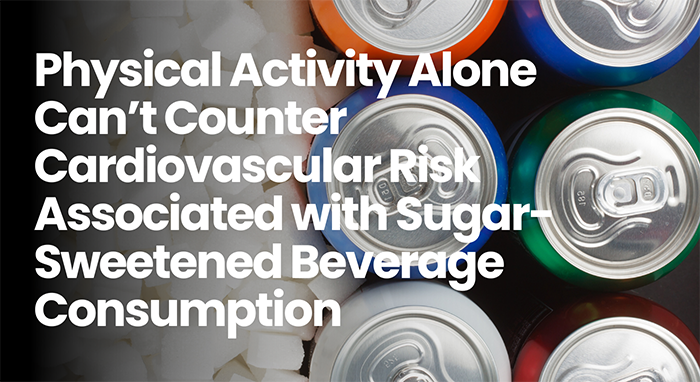| Drexel study finds being kind to oneself helps people cope with setbacks and resume pursuing goals faster. Source: Drexel University Losing weight is extremely difficult because high-calorie, delicious food is very accessible. Despite best intentions, it’s common to wind up overeating. These setbacks can be frustrating and demoralizing and often lead people to abandon their goals. A new study from the Center for Weight, Eating and Lifestyle Sciences (WELL Center) in Drexel University’s College of Arts and Sciences explored whether practicing self-compassion — or treating oneself with the same care and kindness that people typically offer to their loved ones — helps people become more resilient to these overeating setbacks. Recently published in Appetite, researchers found that when study participants had more self-compassionate responses to their lapse, they reported better mood and self-control over their eating and exercise behavior in the hours following the lapse. The findings suggest that self-compassion can help people engage in healthier weight loss behavior by helping them become less demoralized by setbacks. |
Can Practicing Self-Compassion Help People Achieve Weight Loss Goals?



